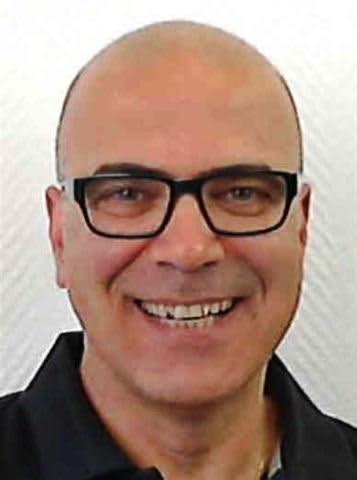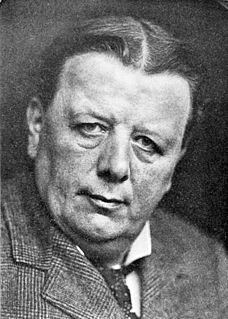A Quote by Brian Greene
Cosmology is among the oldest subjects to captivate our species. And it’s no wonder. We’re storytellers, and what could be more grand than the story of creation?
Related Quotes
Both education and religion need to ground themselves within the story of the universe as we now understand this story through empirical knowledge. Within this functional cosmology, we can overcome our alienation and begin the renewal of life on a sustainable basis. This story is a numinous revelatory story that could evoke the vision and the energy required to bring not only ourselves but the entire planet into a new order of magnificence.
When I pray the Lord's Prayer, I begin with the first word, "Our. . ." (see Matthew 6:9) and I stop and ask myself, "Who do I include in this Our?" I remind myself that the story of God is bigger than my personal story, bigger than the story of my religion, bigger than the story of all humanity, and bigger than the story of all creation. In the kingdom of God, these four stories are all really my stories - all at the same time - woven together, giving meaning and life to each other.
American society is very like a fish society. . . . Among certain species of fish, the only thing which determines order of dominance is length of time in the fishbowl. The oldest resident picks on the newest resident, and if the newest resident is removed to a new bowl, he, as oldest resident, will pick on the newcomers.
Clearly, we are a species that is well connected to other species. Whether or not we evolve from them, we are certainly very closely related to them. A series of mutations could change us into all kinds of intermediate species. Whether or not those intermediate species are provably in the past, they could easily be in our future.
If you start parsing the cause-and-effect chain backward through time, eventually you land in cosmology - does the story begin with the Big Bang or the out-of-nothing creation of the world by the word of a Southern Baptist god? And that question is even more fraught than any of the others. The stakes couldn't be any higher, because not it's not just a question of life and death, but also a question of life after death or eternal torture after death.
The seventh day of creation is the most eloquent and insightful as to the nature of God. From a literary perspective, the Sabbath forms the pinnacle of the story. Like the dramatic kiss of a soldier returning from war, this is the moment we’re not meant to miss. In choosing rest as the grand finale, God reveals himself as one driven by neither anxiety nor fear but one who finds gladness in both the work of creation and the creation of work.
More than anything else, kindness is a way of life. It is a way of living and walking through life. It is a way of dealing with all that is-our selves, our bodies, our dreams and goals, our neighbors, our competitors, our enemies, our air, our earth, our animals, our space, our time, and our very consciousness. Do we treat all creation with kindness? Isn't all creation holy and divine?
Certainly neo-Platonism, Plotinus and Porphyry and that school are psychedelic philosophers. Their idea of an ascending hierarchy of more and more rarefied states is a sophisticated presentation of the shamanic cosmology, which is the cosmology that one experientially discovers when they involve themselves with psychedelics.
The chemical differences among various species and genera of animals and plants are certainly as significant for the history of their origins as the differences in form. If we could define clearly the differences in molecular constitution and functions of different kinds of organisms, there would be possible a more illuminating and deeper understanding of question of the evolutionary reactions of organisms than could ever be expected from morphological considerations.



































